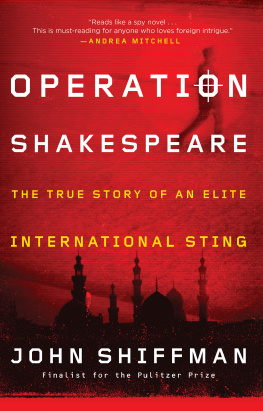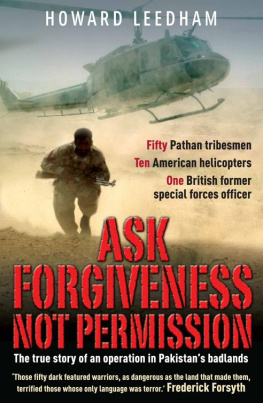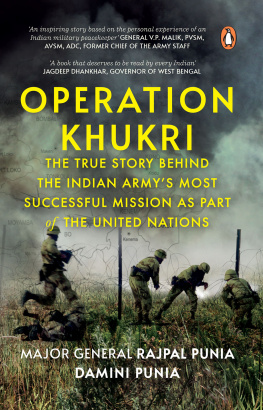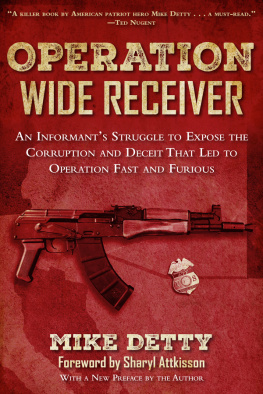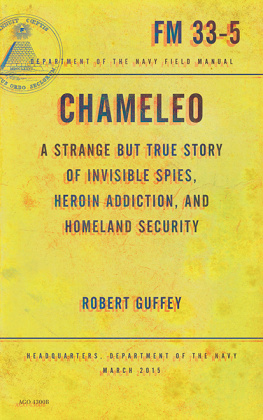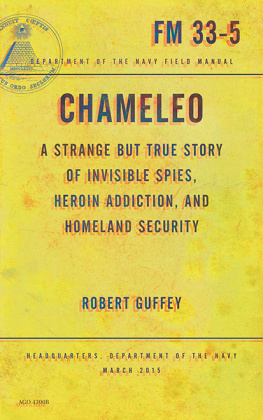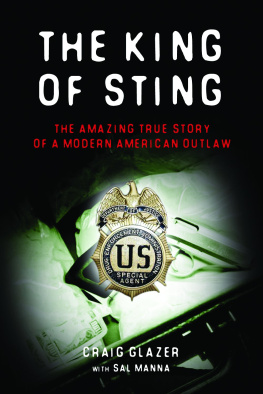John Shiffman - Operation Shakespeare: The True Story of an Elite International Sting
Here you can read online John Shiffman - Operation Shakespeare: The True Story of an Elite International Sting full text of the book (entire story) in english for free. Download pdf and epub, get meaning, cover and reviews about this ebook. year: 2014, publisher: Simon & Schuster, genre: History. Description of the work, (preface) as well as reviews are available. Best literature library LitArk.com created for fans of good reading and offers a wide selection of genres:
Romance novel
Science fiction
Adventure
Detective
Science
History
Home and family
Prose
Art
Politics
Computer
Non-fiction
Religion
Business
Children
Humor
Choose a favorite category and find really read worthwhile books. Enjoy immersion in the world of imagination, feel the emotions of the characters or learn something new for yourself, make an fascinating discovery.
- Book:Operation Shakespeare: The True Story of an Elite International Sting
- Author:
- Publisher:Simon & Schuster
- Genre:
- Year:2014
- Rating:3 / 5
- Favourites:Add to favourites
- Your mark:
Operation Shakespeare: The True Story of an Elite International Sting: summary, description and annotation
We offer to read an annotation, description, summary or preface (depends on what the author of the book "Operation Shakespeare: The True Story of an Elite International Sting" wrote himself). If you haven't found the necessary information about the book — write in the comments, we will try to find it.
In Operation Shakespeare, Pulitzer Prize finalist John Shiffman tells the true story of an elaborate sting operation launched by an elite Homeland Security team that was created to stop Iran, Russia, China, and North Korea from stealing U.S. military technology. The sting, codenamed Operation Shakespeare to disguise its true nature, targets an Iranian arms broker who works on behalf of Tehran. Over the course of three years, the American agents go undercover to outwit not only the Iranian, but U.S. defense contractors and bankers willing to put profit over national security. The chase moves around the world, from Philadelphia to Shiraz, London to Dubai, Beverly Hills to Tbilisi. A mysterious British informant helps the U.S. team lure the Iranian to a former Soviet republic. The Iranian walks into the sting carrying a laptop containing a road map to Tehrans secret military plans. As the United States tries to bring the Iranian to justice, his own government plots to assassinate him, fearful of what he might reveal.
More than a thrilling cat-and-mouse chase, Operation Shakespeare opens our eyes to a vast secret war the United States is waging across the globe. How does rocket guidance technology that is manufactured in California wind up in the hands of terrorists in Lebanon? How do IED triggers travel from the factories of Arizona to insurgents on the battlefields of Iraq and Afghanistan? In addition to answering questions like these, Operation Shakespeare reveals how many of the worlds biggest banks have systematically helped enemy states conceal trillions of dollars worth of wire transactions over the past decades. Shiffman also bares others who put profits over U.S. troops, including a major corporation that hands night vision secrets to China and an American scientist who helps Beijing develop stealth technology.
Tenacious, richly detailed, and boasting unprecedented access to both the Iranian broker and the U.S. agents who caught him, Operation Shakespeare combines the rigor of the best investigative journalism with the drama of Homeland. The result is a fast-paced, masterful account of a little-explored front in the national security wars: the covert struggle to preserve American military supremacy and protect U.S. troops.
John Shiffman: author's other books
Who wrote Operation Shakespeare: The True Story of an Elite International Sting? Find out the surname, the name of the author of the book and a list of all author's works by series.

